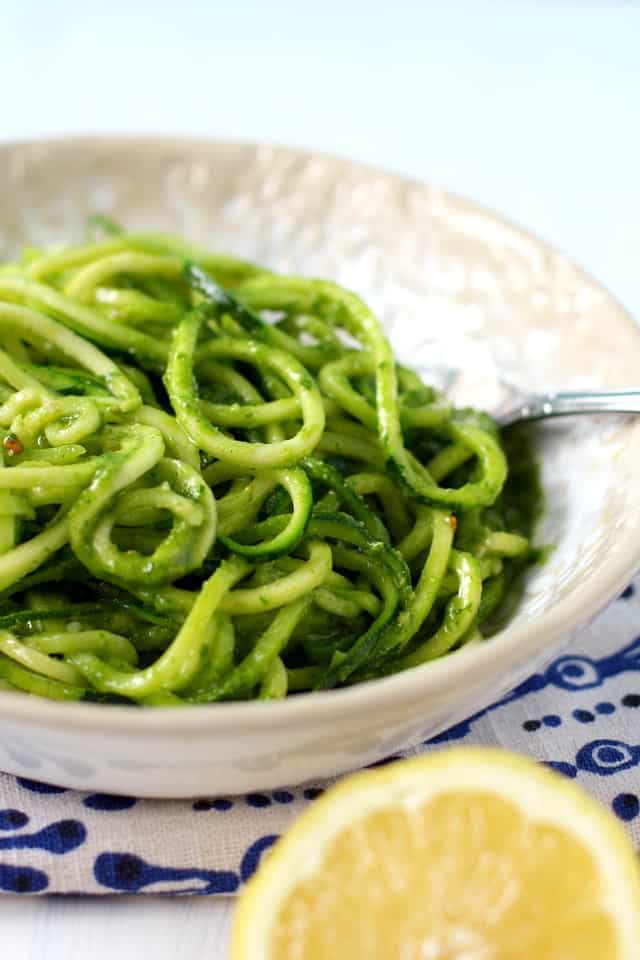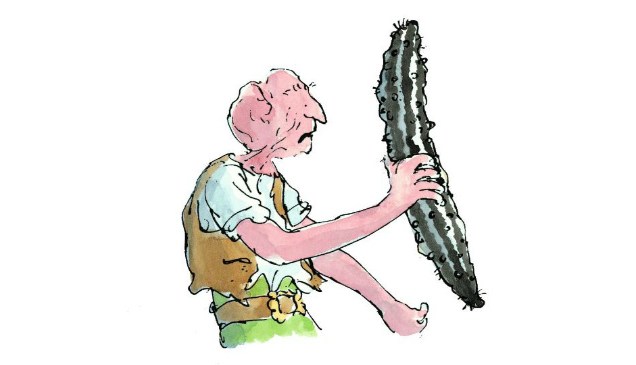I laughed when I noticed the name on this packet I had picked up in Tesco. The spirally courgettes (ridiculously cut up and ready for me to cook, when I could of course have done it myself, but they were on the cheapo shelf) had already gone into that evening’s stir-fry.
Who’s ever heard of Courgetti? I chuckled to my family. They must have made that up. Mixing up their courgettes and their zucchini. Or, actually they mixed up courgettes and spaghetti – and that is a thing now. Tesco did not mess up, or invent the name. Courgetti – courgettes cut up into spirals – have become a standard alternative for many to wheat-based noodles.
Best of all, in the US – where they eat zucchini, not courgettes – they’re called Zoodles!

I buy courgettes in the supermarket here in Ireland, though in Tuscany I would have asked for zucchine and in Canada they’re zucchini. Why the difference?
This thin-skinned summer squash, a younger version of a marrow, the courgette actually originated in the Americas – along with the other members of the Squash family (known as cucurbits) which includes melon, pumpkins and cucumbers. These were all a staple in central and south American for centuries and started making their way to European kitchens from the 16th century on.
The Italian name – Zucchini – is the diminutive form of Zucca (the name for squash or pumpkin). In many parts of Italy a single one is called a zucchina (plural zucchine) and in others (Tuscany, Piedmont and Sardinia), it’s more typically masculine, zucchino (plural zucchini). It became a popular vegetable to cultivate in northern Italy in the 19th century, coinciding with the immigration of many Italians to the US and so the name stuck there. A lovely example of culinary re-introduction. (Note that zucchini is always plural in English, you don’t say I’ll cut up a zucchino. But then, we don’t throw a single spaghetto onto the wall to see if it will stick. Not something you’d see in an Italian kitchen.)
The French word – Courgette – is standard in other English-speaking countries: the UK, Ireland, New Zealand, Malaysia and South Africa. (Australians stuck with zucchini for some reason). Obviously it’s a key ingredient in many French dishes, but it’s actually quite a recent entry into the language, only first appearing in the OED in 1931.
Squash is also used in some countries, that’s what we would be buying in a Norwegian supermarket for example.
The marrow is a trope of English gardening, with weird competitions of marrow-growing featuring heavily in my memories of 1970s sitcoms. I like to think Roald Dahl had fun with this, when his BFG eats his disgusting snozzcumbers (cucumbers being a cousin of squash).

Living for many years with a Canadian the two of us still switch back and forth between the two main names for this bitter but buoyant vegetable, confusing our kids (who don’t even like it). I like to use both names: I’ll fry up thick diagonal slices of courgette (a la Toscana) for my pizza, but one of my favourite things to bake is Chocolate Zucchini Loaf. I could never bring myself to call it Chocolate Courgette Loaf. Yuk!
Tune in another time and we’ll have a look at eggplants… I mean, aubergines… or melanzani.
Leave a Reply